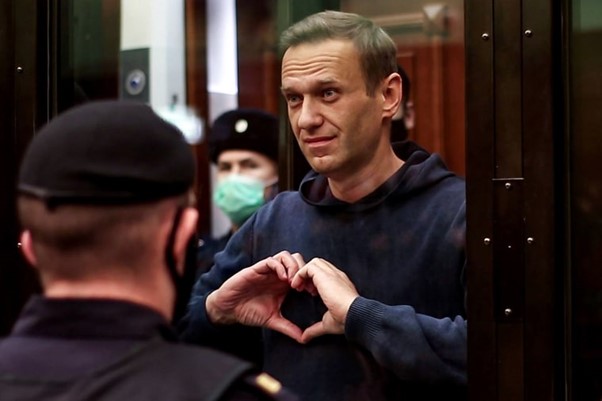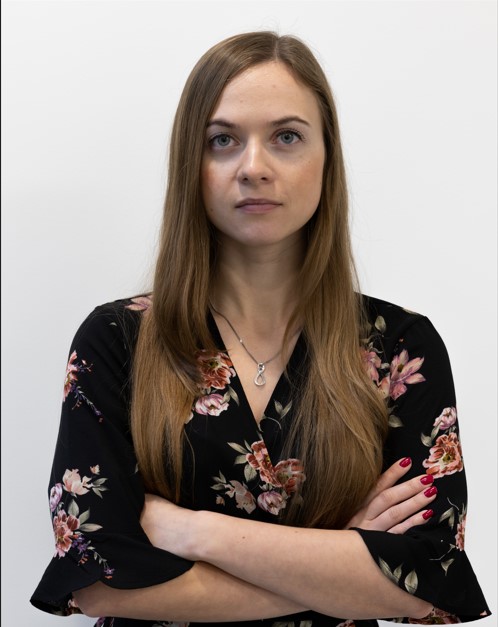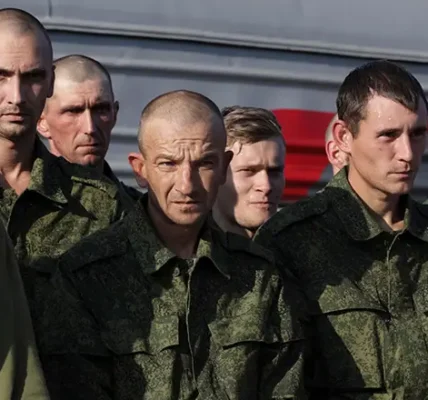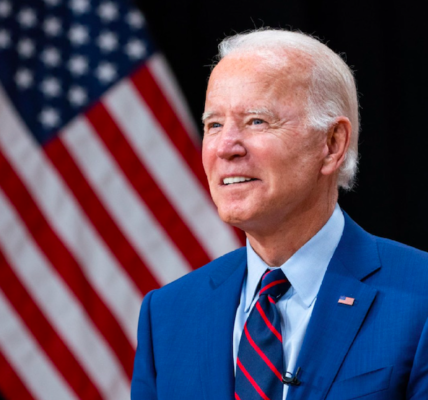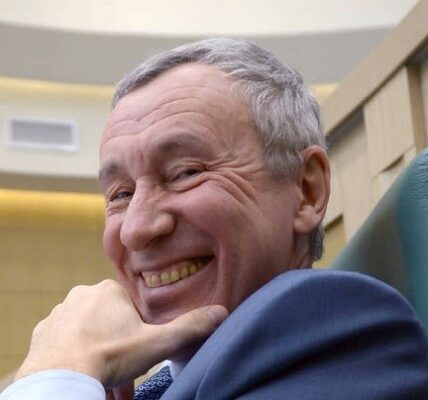A Mosaic of Disinformation: The Manipulation of Narratives Surrounding Navalny’s Death
Alexei Navalny, hailed as the Kremlin’s most formidable critic, fearlessly exposed corruption entrenched within President Vladimir Putin’s political party, enduring substantial personal sacrifices. From surviving a near-fatal poisoning attempt to imprisonment since 2021, Navalny’s unwavering commitment to exposing political corruption remained steadfast. Unfortunately, on 16th February, news of his death in prison shook the world.
While much of the Western world condemned Putin for Navalny’s death, a wave of conspiracy theories surfaced. Among these unfounded claims were suggestions that Ukraine engineered Navalny’s demise to secure a US aid package or that Navalny met his end due to the Covid vaccine.
Russian State Response to Navalny’s Death:
- The Siberian penal colony where Navalny was held reported that he collapsed and failed to regain consciousness after a routine walk.
- The Kremlin asserted that an ongoing investigation into Navalny’s death had “no results” as of yet.
- Navalny’s family has yet to receive his body, as authorities have extended the withholding period for an additional 14 days, citing the need for a thorough “chemical analysis.”
- Russia’s social media reaction has been to criticise the West for swiftly making accusations and adopting a “blame Russia first” approach.
Russian Media Coverage
State TV channels in Russia offered minimal and delayed coverage of Navalny’s death, lacking essential context about his identity and imprisonment.
Margarita Simonyan, RT’s editor-in-chief, promptly mocked the Western response, stating “I won’t even begin to explain to them that everyone has long forgotten [Navalny], that there was no point in killing him, especially before the elections, that it would be beneficial to completely opposite forces.”
Channel One presenter Anatoly Kuzichev echoed this sentiment, claiming Navalny had been “safely forgotten even by his associates.” He speculated about the circumstances of Navalny’s death, suggesting it might have been “an accident” or perhaps an act of “terrible sabotage.” Steve Rosenberg, the BBC’s Russia editor, highlighted the disparity in coverage among Russian newspapers. While some entirely omit any reference to Alexei Navalny’s death in prison, others provide brief reports. Astonishingly, one publication affords more prominence to a story about Ecuadorian bananas.

In stark contrast, Navalny’s death reverberated as significant news across the Western world, eliciting a collective outcry, as the press was flooded with tributes.
Yulia Navalnaya pledged to carry on the work of her husband. In a poignant statement, she asserted, “We know exactly why Putin killed Alexei three days ago. We’ll tell you about it soon,” hinting at revelations to come.
Pro-Kremlin Conspiracy Theories
As the news of Navalny’s death surfaces, several conspiracy theories captured people’s attention in the online community.
Ukraine killed Navalny to get the $60bn US aid package:
The narrative gains traction in light of Joe Biden’s statement expressing the hope that Navalny’s death could expedite approval for aid, coinciding with Ukraine’s ongoing challenges in securing essential funding for its war efforts against Russia.
Navalny was killed by the Covid vaccine:
Accounts such as that of Bruin Republicans at UCLA claimed that Navalny was killed by the Covid vaccine. However, reader context notes on X highlighted that “mRNA vaccines have not been approved in Russia, Navalny has been imprisoned in Russia since January 2021, so it is very unlikely he has taken an mRNA vaccine.” Some thought back this claim, saying “Republicans will make up any conspiracy before they blame Putin.”
Social media users circulated a video featuring Vladimir Ashurkov, a Navalny associate, claiming it depicts Navalny soliciting funds from an MI6 officer. The narrative labels Navalny as a CIA/MI6 puppet and suggests his death was orchestrated to implicate Putin.
Others blamed Former U.S. President Donald Trump for giving Putin the “green light.”
Some individuals raise suspicions over Navalny’s wife, questioning the timing of his death, particularly given Navalnaya’s presence at a Munich security conference. The inclusion of her connection with a new boyfriend added to the complexity of this narrative. Moreover, observers question how she appears seemingly unaffected by the recent loss of her husband.

https://twitter.com/Dpol_un/status/1758560982886994148
Some refrained from offering an explanation for Navalny’s death, instead opting to label him a Neo-Nazi who posted racist videos. While it is true that Navalny had flirted with far-right politics early in his political career, he had since distanced himself from those ideologies, transitioning towards a more straightforward pro-Western liberal stance.
Varied Global Reactions
- Russian allies such as India refused to join the widespread condemnation of the death of Navalny, adding that India is “on the side of peace.”
- China opted for a reserved stance, responding with a succinct “no comments” regarding Navalny’s death. The Chinese Foreign Ministry spokesperson stated, “This is Russia’s internal affair. I will not comment.”
- Trump linked Navalny’s death to his grievances about the U.S., criticising “CROOKED, Radical Left Politicians” and expressing concern for America’s decline.
- Elon Musk faced criticism for not commenting on Putin’s role in Navalny’s death, contrasting with his advocacy for free speech. Online users called him a “Putin fanboy” after Navalny’s wife’s X account was briefly suspended before being reinstated again.
EU Considers New Sanctions on Russia
- Sweden’s Prime Minister, Ulf Kristersson, has advocated for the European Union to contemplate implementing a fresh set of sanctions on Russia.
- This sentiment was echoed by the EU’s High Representative, Josep Borrell, who not only supported the idea of sanctions but also suggested a renaming of the Global Human Rights Sanctions Regime to the “Navalny Regime.”
- Other European leaders, including Rishi Sunak, Emmanuel Macron, Alexander De Croo, and Olaf Scholz were among those condemning Putin’s regime.
Ultimately, the coverage of Navalny’s death and the significant amount of conspiracy theories and disinformation it has spawned, is an almost perfect example of how news can be reported in ways that further any political aim.
In a year where the world will see several major national elections, such as in the US and UK, Navalny’s death serves as a warning to us all about how news can be manipulated to change narratives and sway citizens into voting for those who do not serve their best interests. We must all remain vigilant to the hostile forces looking to influence free and fair elections through the spread of disinformation.

